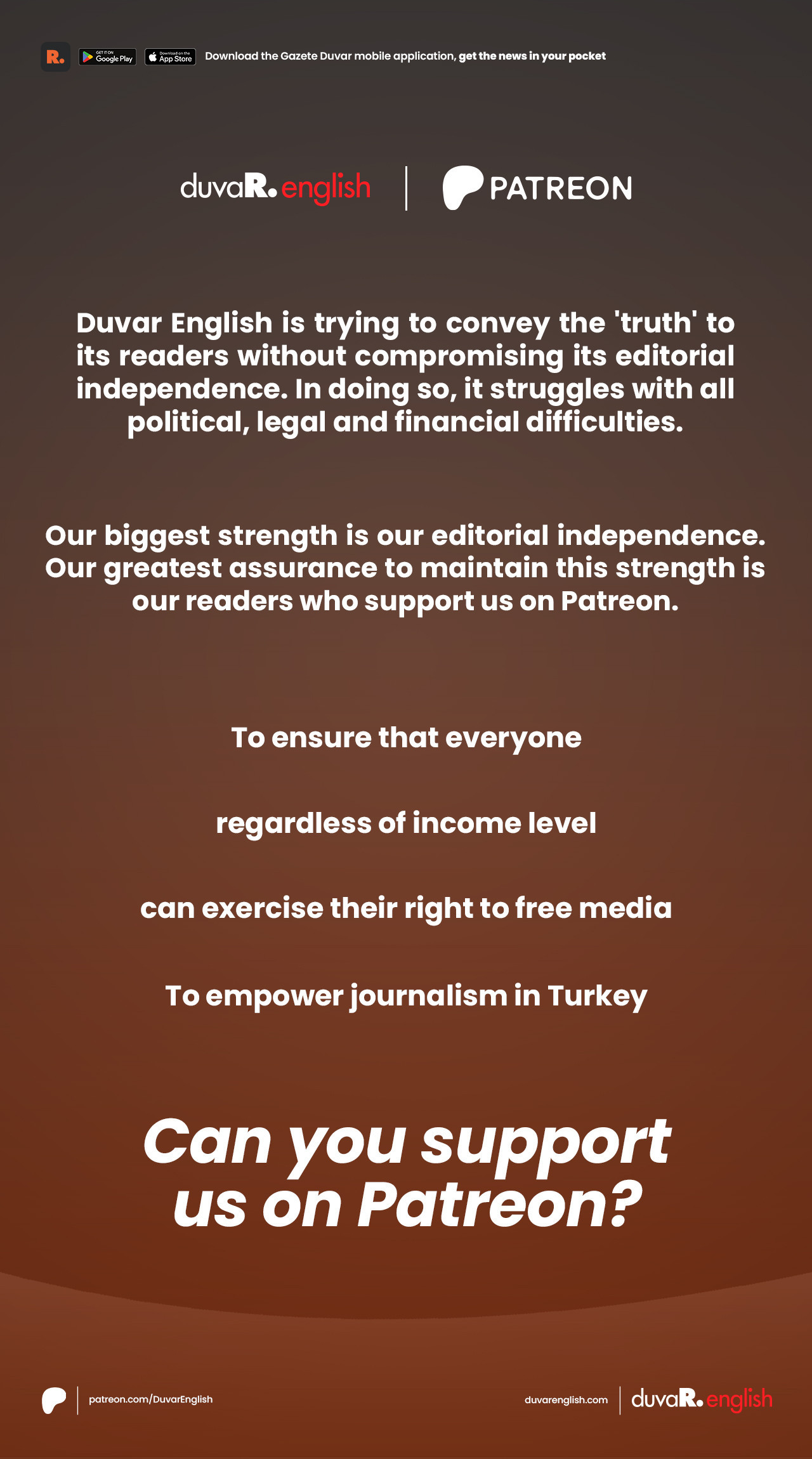Turkey’s tour guides oppose draft law lifting language proficiency requirement
Tour guides have voiced their disapproval of the amendment to the occupational law that lifts certain requirements for prospective guides, such as foreign language proficiency. Duvar spoke with trade representatives, who said the amendment would harm tourism in Turkey.
Duygu Kıt / Gazete Duvar
Former heads of Turkey’s tour guide chambers voiced their concerns regarding the draft law seeking to change requirements for registered tour guides.
The Culture and Tourism Ministry has proposed a new occupational law on tour guiding, with significant changes to eligibility requirements and reductions to penalties for unlicensed guides.
The draft has passed the Parliamentary committee and currently awaits the parliamentary vote. Upon backlash from trade unions and tour guides, the vote was postponed until after the Eid holiday.
Sedat Bornovalı, the former head of the Istanbul Chamber of Tour Guides, asked the Ministry to hear the complaints from the base and recall the draft law.
“The Ministry has listened to demands from the wrong crowd, such as those who see tour guiding as ‘Plan B,’ or those who want to practice without the necessary language skills,” he said.
For Bornovalı, tour guiding without foreign language knowledge was like “practicing medicine without proficiency over anatomy.”
Preparing for solely a Turkish audience was against the fundamentals of tour guiding, according to him.
“I could understand the Ministry drafting a new law in response to these demands, but it is unacceptable for the Union of Tour Guide Chambers to not propose any alternatives,” he said.
The reaction practicing tour guides made through social media demonstrated to Bornovalı the very justified criticism and demands arising from the basis.
The former president of the Union of Tour Guide Chambers, Suat Tural, noted that lifting the language proficiency requirement would be one of the worst damages to Turkish tourism.
He added that the proposal came about due to demands from some 20 or 30 tourism agencies working with domestic tourists.
Tural found changing the occupation’s legal requirements unreasonable because of a few demands.
“The language requirement has existed since 1890, the final period of the Ottoman Empire,” said Tural.
He added that the tour guiding industry currently in place in Turkey was of a very high quality, demonstrating the use of the language requirements.
Some 137 academics from Turkey’s various tourism faculties published a statement against the draft law.
The statement criticized how the Ministry prepared the draft without consulting any of the numerous academic institutions and called upon the Ministry to recall the draft to be prepared anew with appropriate expert consultation.
As the Ministry moves to lift foreign language requirements for tour guides, foreign tourist influx to Turkey is on the rise.
Turkey’s tourism income surged by 17% to an all-time high of 54.3 billion dollars in 2023, surpassing the previous record of 46.48 billion dollars set in 2022, figures released on Jan. 31 by state-run Turkish Statistical Institute (TÜİK) showed.
The total number of visitors to Turkey in 2023 grew to 57.1 million, an 11.1 percent increase compared to 2022.
(English version by Ayşenaz Toptaş)


 Turkey hits record tourism revenue in 2023, official data showsEconomy
Turkey hits record tourism revenue in 2023, official data showsEconomy Turkey rises to second place on UNESCO intangible cultural heritage listCulture
Turkey rises to second place on UNESCO intangible cultural heritage listCulture Russia tops lists as Turkey's leading tourist sourceDomestic
Russia tops lists as Turkey's leading tourist sourceDomestic